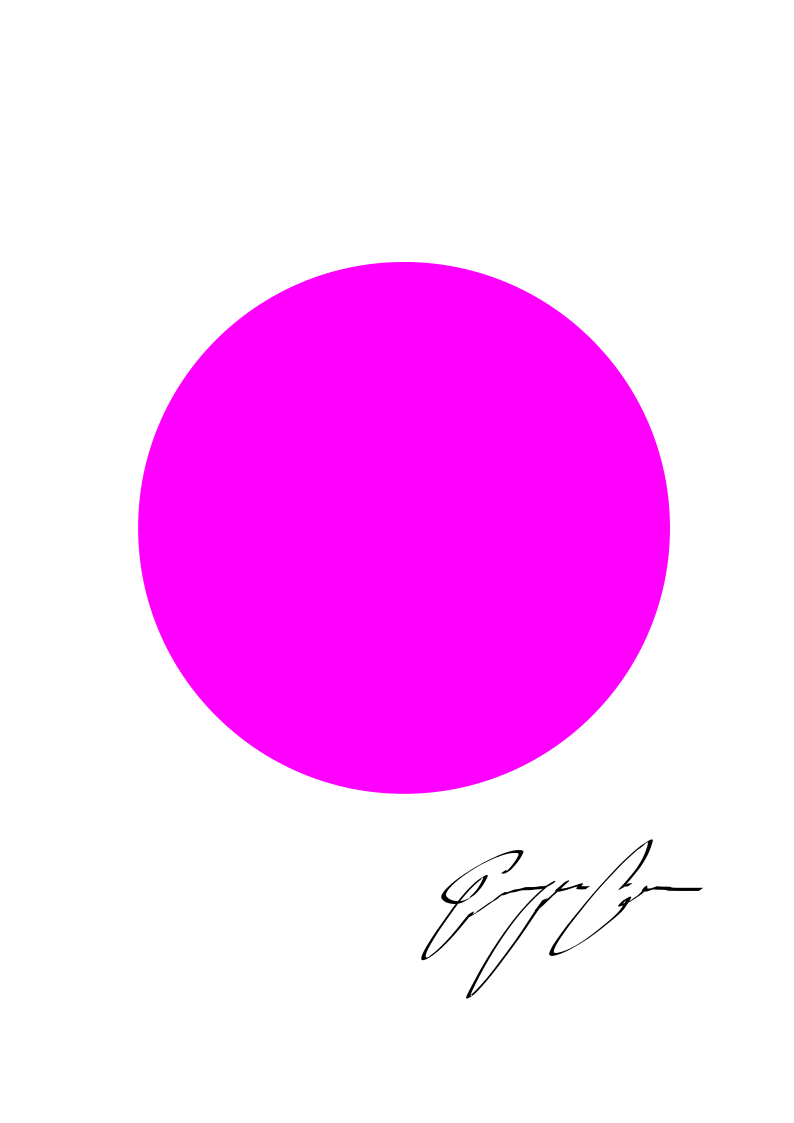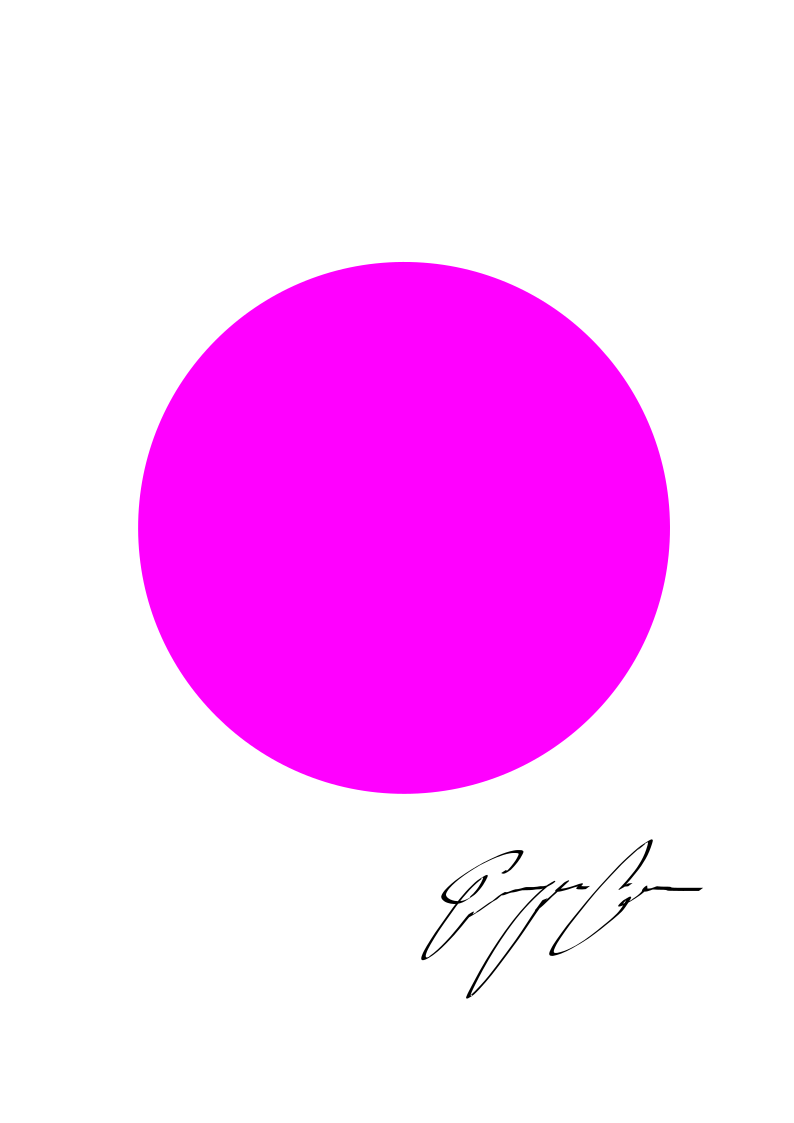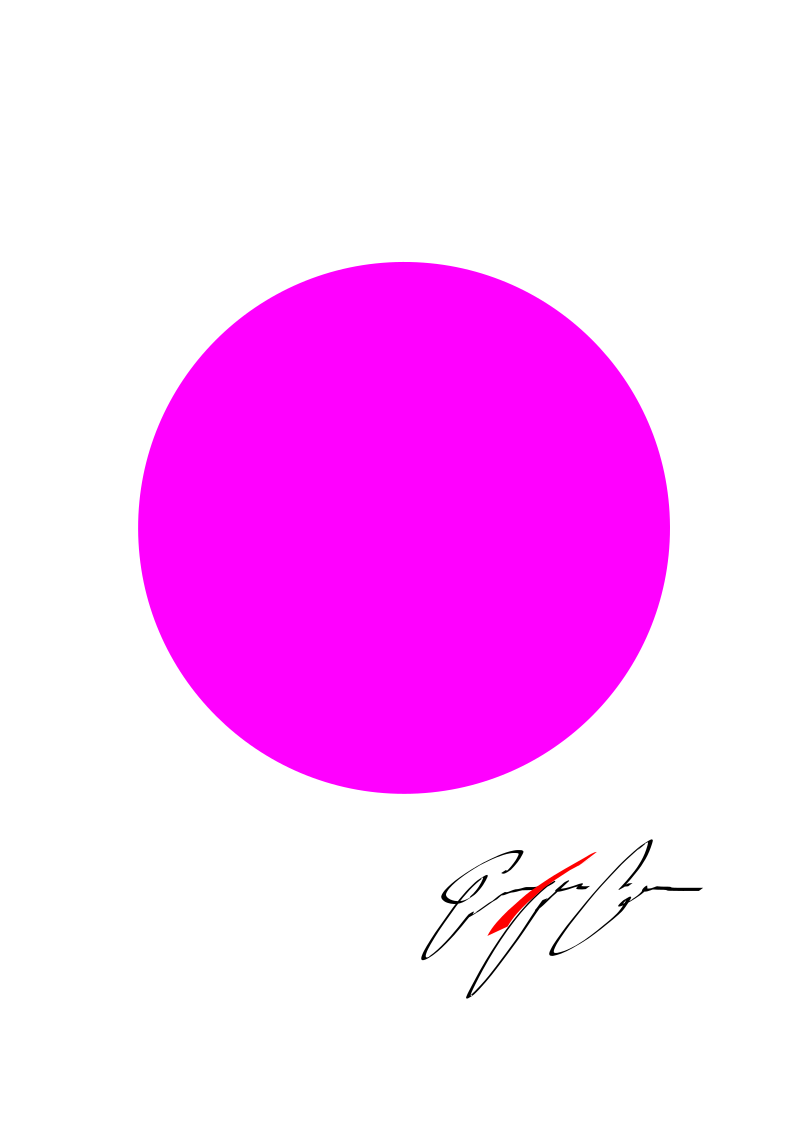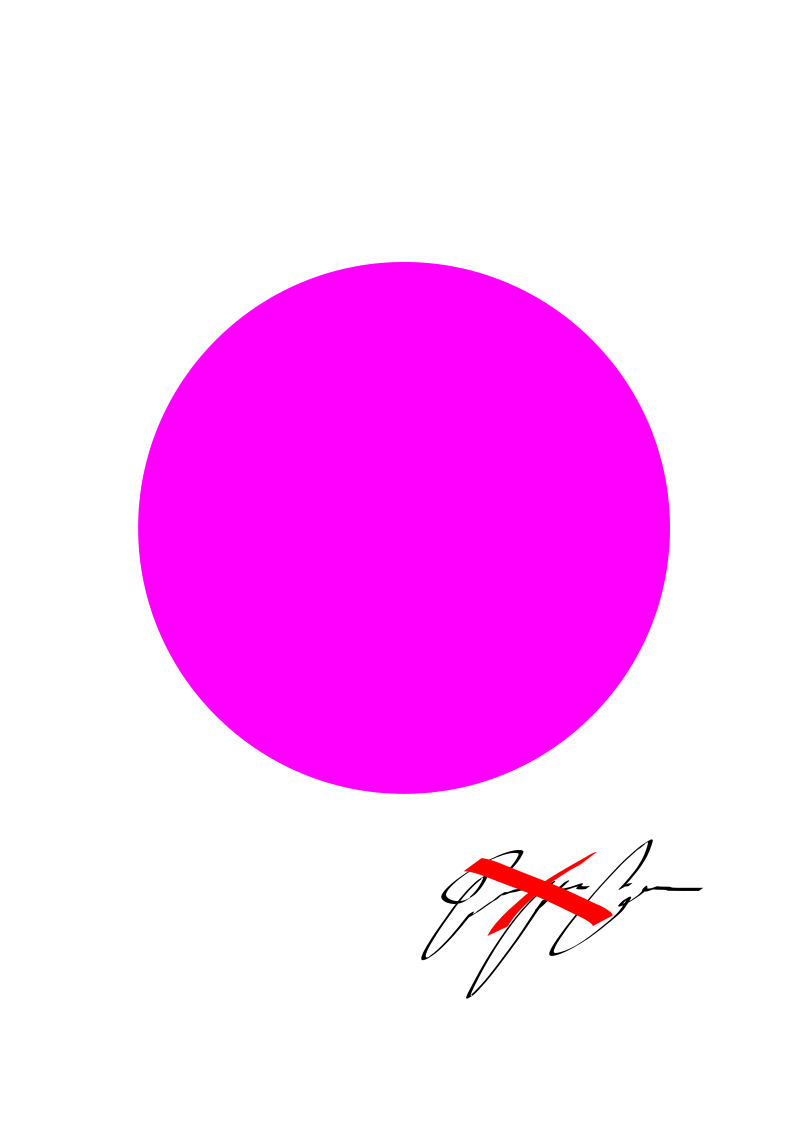
By: Intel Corporation, Apple Inc., Bodhi Linux Team: Jeff Hoogland, Joris “aeonius” van Dijk, Stephen “okra” Houston, Jason “Tristam” Thomas, Kristi Hoogland, Patrick Duckson, Rbt “ylee” Wiley, Roger “JollyRoger” Carter, Charles “Charles@Bodhi” van de Beek, Stefan “the waiter” Uram, Stace “sef” Fauske, Kai “kuuko” Huuhko, Jacob “oblio” Olson, Ken “trace” LaBuda, Christopher “devilhorns” Michael, Jason “jarope” Peel, Chris “prolog” Seekamp, Bob Eley, Darren “LostBumpkin” Dooley, Anthony “AntCer” Cervantes, Kaleb “belak” Elwert, Jose “Jose” Manimala, Gareth “hippytaff” Williams, Micah “M1C4HTRON13” Denn, Meji “Meji_D” Dejsdóttir, Víctor “esmirlin” Parra García, Mark “ottermaton” Strawser, Caerolle, Reuben L. Lillie, Gar Romero, Doug “Deepspeed” Yanez, Timmy “timmy” Larsson, Dennis “DennisD”, Inkscape Developer Team: Eduard Braun, Chris Roger, Robert Sterbal, Martin Owens, Marc Jeanmougin, Jabiertxo Arraiza Cenoz, Tavmjong Bah, Krzysztof Kosiński, Nicolas Dufour, Bryce Harrington, Johan Engelen, Ted Gould, Alex Valavanis, Josh Andler, Matthew Petroff, Vinícius dos Santos Oliveira, Luca Bruno, brynn, Jon Cruz, the Adib, Liam White, Sebastian Wüst, Nathan Hurst, ivan louette, Tim Sheridan, Marcin Floryan, John Blintz, John Cliff, Alvin Penner, Ivan Masár, Jonas Termeau, Ryan Gorley, Chris Brown, Maximilian Albert, Sebastian Faubel, Gord Caswell, Christoffer Holmstedt, PNG: Thomas Boutell, Tom Lane, Mark Adler, Thomas Boutell, Christian Brunschen, Adam M. Costello, Lee Daniel Crocker, Andreas Dilger, Oliver Fromme, Jean-loup Gailly, Chris Herborth, Aleks Jakulin, Neal Kettler, Tom Lane, Alexander Lehmann, Chris Lilley, Dave Martindale, Owen Mortensen, Keith S. Pickens, Robert P. Poole, Glenn Randers-Pehrson, Greg Roelofs, Willem van Schaik, Guy Schalnat, Paul Schmidt, Tim Wegner, Jeremy Wohl, GIF: Steve Wilhite & team, Mozilla.org, World Wide Web Consortium, Giuseppe Torre
The list of people credited for the making of this work is only partial. Apologies to those that were omitted.



Academic Statement
Ode to Opensource: On Authorship, Infrastructure, and the Technological Polis
Ode to Opensource is a conceptual digital artwork that interrogates the epistemological and ontological foundations of authorship in the context of open-source software and digital art. The work presents a partial but extensive list of contributors—ranging from corporate entities to individual developers—whose labor has shaped the technological infrastructures upon which contemporary digital practices depend. The piece is grounded in two key propositions: (1) that no single individual can possess comprehensive knowledge of modern technological systems, and (2) that meaningful engagement with these systems requires a situated, participatory role within what Torre terms the “technological polis.” This polis is not merely a metaphor but a lived, distributed space of action, negotiation, and co-creation. By foregrounding the collective nature of digital production, Ode to Opensource critiques the persistence of Romantic notions of authorship in digital art discourse. It challenges the adequacy of evaluating digital works solely through their affective or aesthetic impact, without accounting for the infrastructural and socio-technical conditions of their emergence. The work thus operates at the intersection of software studies, media theory, and critical art practice. It invites a rethinking of authorship as a distributed, contingent, and infrastructural phenomenon—one that reflects the collaborative ethos of open-source culture and the complex entanglements of contemporary technological life.
Artist Statement
This work is not mine. Or rather, it is not mine alone. Ode to Opensource is a gesture of acknowledgment—an attempt to make visible the countless individuals whose labor, creativity, and generosity make digital art possible. From kernel developers to interface designers, from corporate engineers to anonymous contributors, this work is built on their shoulders. Technology is not a tool. It is a space—a polis—where we act, think, and create together. No one can know it all. No one builds alone. Open-source culture is the only honest starting point for navigating this space, for finding one’s role within it. This piece is a refusal of singular authorship. It is a recognition that digital art is always already collective. It asks: what does it mean to make art in a world where the infrastructure is shared, the knowledge distributed, and the tools themselves are acts of collaboration? If this work moves you, it is because of all those who came before me. I am only one voice in a chorus. This is my ode to them.